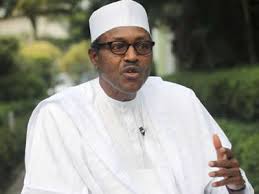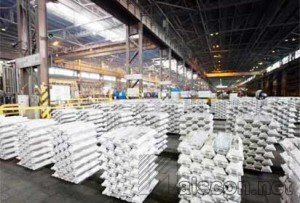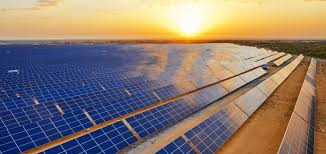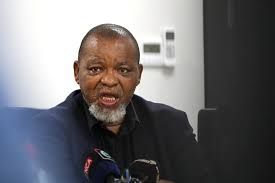14 July 2015, Abuja – Notwithstanding the beaming of torchlight on activities of the petroleum industry, the management of the Brass Liquefied Natural Gas, LNG, has charged President Mohammadu Buhari to do all it takes to facilitate shareholders taking the final investment decision, FID, of the project.

This is even as the management and the shareholders, after the re-evaluation of the project adopted the use of the APCI technology, which was used for the Nigeria LNG project, to fast track the delivery of the project.
The Air Products Chemical Industries, APCI technology is the most-used liquefaction process in LNG plants globally.
A top management of the gas company, who spoke with Vanguard in confidence on the telehpone, also urged Buhari to make the process one of his priorities for the oil and gas industry.
The source while responding on speculations that the entire project, located in Bayelsa State may be cancelled outright by the new government, said it would be foolhardy to do so considering that “the economics of the project remain very positive.”
Stalling the project
The Brass LNG project has been in the offing since 2006, and about $2billion gone down the drain without the shareholders taking the FID.
Observers had thought that the FID would have been concluded during the former President Goodluck Jonathan’s administration, seeing as the project is located in his home state.
However, the source argued that the FID was not feasible in the last administration because, “The former government had its own priorities. Also, one of the major shareholders, America’s ConocoPhillips pulled out and there were dynamics of shareholding because of the incompatibility of the remaining shareholders, and Bechtel, the project management contractors disengaged their services when ConocoPhillips left. Their exit took another two and half years to resolve the vacuum created. There was also the security issues concern in the Niger Delta, and thereafter was the issue of supply of gas to the project for 20 years, even where we already had 18 years supply agreement.”
Insisting on the viability of the project, the source continued: “Part of the problem then was that the gas pipelines that will move from the shore to the see was about 8kilometres buried deep into the sea, which cost was about 20 per cent of the entire project.
“But now, management decided to reduce the size to about 4.5 kilometres buried in the low areas of the ocean, which are all part of the cost optimisation process for the project.”
He disagreed that the remaining shareholders, including the French unit of Total, Italy’s Eni, and the Nigerian National Petroleum Corporation, NNPC, were reluctant to continue with the project, and were stuck with their equities, as no buyers would touch them.
According to the source, “The Shareholders are still very much interested; and are holding on to their equities to avoid distractions. To demonstrate their levels of commitment, they are still paying their financial commitments totaling $150million per annum used for the payment of salaries and running of the offices.
“Right now, they are in the process of re-evaluating the front end engineering design, FEED, which takes an average of six to eight months. I already told you we have adopted the latest technology in LNG process.
“Pruning down cost is also part of the optimisation process, and some NLNG staff have been seconded to Brass for the optimisation to make the project more viable.”
– Vanguard



